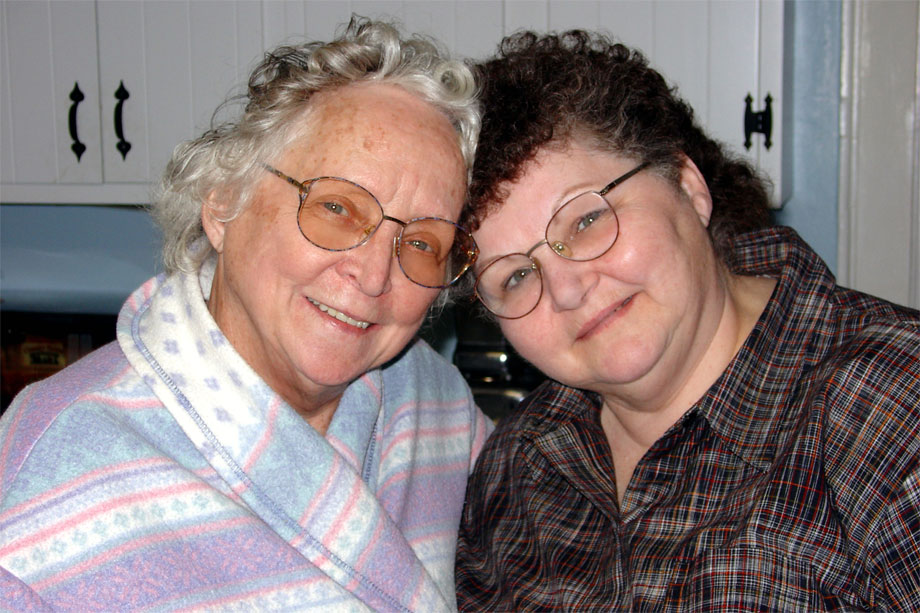 It was recently reported by The Morning Call that a Philadelphia Nursing Home, the Inglis House, removed a video camera used by a resident with cerebral palsy to communicate with family members and then forced him to defend his position for installing it. See article here.
It was recently reported by The Morning Call that a Philadelphia Nursing Home, the Inglis House, removed a video camera used by a resident with cerebral palsy to communicate with family members and then forced him to defend his position for installing it. See article here.
The Morning Call published that the nursing home staff disliked the “watchful eye” scrutinizing its staffs care and capturing video of residents. The camera was then returned to the resident only to be moved by staff when providing care and never repositioned. The facility finally posted signs for staff not to move the equipment and the nursing home is now drafting a policy to address cameras for communications needs as well as those used to monitor care.
Even though this incident was eventually resolved by the Inglis House, it raised questions over whether video cameras are permitted to be used in nursing homes and under what circumstances, as a nursing home abuse lawyer in Philadelphia, PA can explain.
In many cases, nursing home surveillance cameras have captured abuse and neglect of nursing home facilities. See for example, a prior article where a hidden surveillance camera captured a Florida nursing home resident with Alzheimer’s being provoked and abused by nursing home staff who were tasked to take care of her.
The installation of hidden video cameras can be used to detect and deter abuse of helpless residents that many times cannot speak out for themselves. Surveillance camera footage has been used successfully by attorneys general in New York and Ohio to investigate long term care facilities and prosecute the worst offenders. In addition, hidden cameras have captured abuse in several Pennsylvania nursing home facilities which ultimately lead to the arrest of caregivers and resulted in an suspected license for the facility.
However, even if the camera does not detect nursing home abuse, it can provide peace of mind for family members to known that their loved ones are being properly cared for.
Those who seek to prevent video surveillance argue that it deprives residents of privacy and dignity. Notably, a cornerstone of the Federal Nursing Home Reform Act, one of the most powerful and sweeping pieces of legislation created to protect the rights of seniors in nursing homes, is the provision providing protection of each resident’s privacy, individuality and dignity. Thus, issues such as whether the placement of a video camera will erode this right, and whether the resident would want every aspect of their life recorded and then watched by their children become hot-button topics, as PA nursing home lawyers know.
However, despite the possible invasion of privacy, several elder advocacy organizations support the use of video surveillance, such as AARP and the National Consume Voice for Quality Long-Term Care.
Presently, Pennsylvania currently does not have a law in place expressly allowing or prohibiting the use of video surveillance in the nursing home. However, if you do install a hidden video camera in a nursing home resident’s room, it must comply with the Pennsylvania state wiretapping statute which prohibits audio recording without the consent of all parties. If the camera only records video and not sounds, you are within your rights to install a hidden camera at a nursing home.
If you believe a loved one is being mistreated or abused at a nursing home it is important to speak up! Ask questions to the resident’s caregivers and nursing home administration. If they cannot provide a sufficient answer, you should report the suspected abuse or neglect to the Pennsylvania Department of Health.
The Pa Department of Health will conduct an investigation into reported incidents and provide its findings to you. In the event that the Pa Department of Health finds a violation, it has the power to cite the nursing home and issue penalties, such as fines or suspension of payment from Medicare and Medicaid. In addition, the nursing home will need to create a corrective plan of action to address the problem so that it does not occur again in the future.
In the event that nursing home abuse or neglect results in serious injury or death to your loved one you should promptly consult a Pennsylvania Nursing Home Injury Lawyer to protect their legal rights.
****
Brent Wieand is a nursing home lawyer in Philadelphia, PA who is proud to represent the rights of seniors throughout Pennsylvania and New Jersey with his PA nursing home law firm. He offers free legal consultations to nursing home residents and their family members. Call him today at 1(888) 789-3161 or fill out a description of your claim in the online contact form.